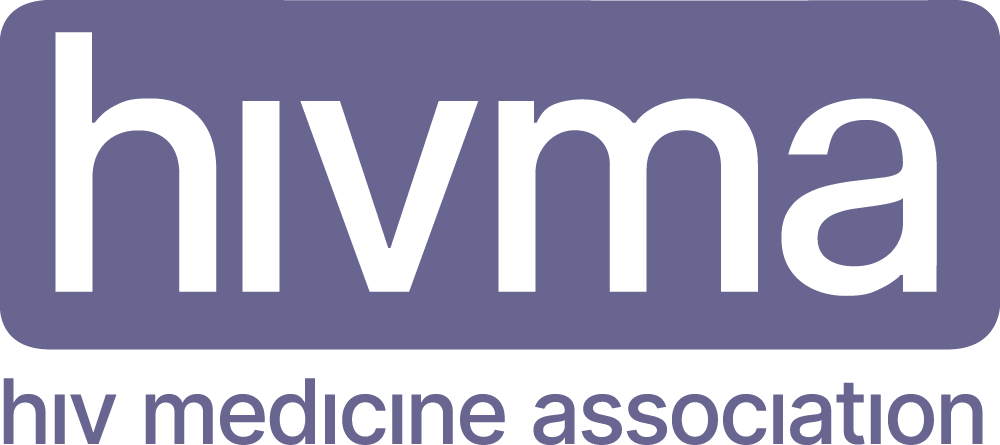Funding for Domestic HIV Programs Sustained, Promise of HIV Research and PEPFAR Stagnated in President’s Budget
02/10/2016
Statement from Carlos del Rio, MD, FIDSA, Chair of the HIV Medicine Association:
The HIV Medicine Association is pleased that the President’s fiscal year 2017 budget proposal largely sustains funding for domestic HIV/AIDS programs. However, we are disappointed that under his proposal investments in HIV research are flat-funded for the third year in a row, and that funding for the President’s Emergency Plan for AIDS Relief once again has not seen an increase since peak funding in 2010. A robust federal response is more critical than ever to effectively respond to the HIV epidemic. Of 1.2 million individuals living with HIV in the United States only an estimated 40 percent are in HIV care and just 30 percent to be virally suppressed – the clinical goal of treatment. In addition, close to 50,000 people become infected with HIV each year, an unacceptably high number. Globally, we have made significant progress but the goal of ending HIV that the President cited in State of the Union address, will not be reached without adequate funding for programs like PEPFAR and the Global Fund.
We strongly support the President’s proposal to fund the National Institutes of Health at a $33.136 billion in FY 2017 – an increase of $825 million over the FY 2016 enacted level. The FY 2016 enacted level also included a $298 million increase for the National Institute for Allergy and Infectious Diseases as compared with the FY 2015 level. However, at this time of pivotal promise and potential for game-changing HIV research discoveries, it is disappointing that the President abandoned his FY2016 proposal of a $100 million increase for HIV research at the NIH despite an overall enacted increase of $2 billion in FY 2016. His budget instead freezes HIV research funding at the FY 2015 level for both FY 2016 and FY 2017. Flat funding will slow progress toward the next breakthrough discoveries that hold promise for an HIV vaccine and a cure.
The President’s proposal to sustain funding for the Ryan White Program is essential to the more than a half million individuals with HIV who rely on the program for comprehensive HIV care and treatment. Patients with access to Ryan White services are more likely to be prescribed antiretroviral treatment and to achieve viral suppression – even among those with health insurance coverage. We also applaud the proposed $9 million demonstration project for cities and states to expand access to hepatitis C screening and hepatitis C treatment, which is critical to the 25 percent of patients with HIV who are co-infected with hepatitis C. HIV infection accelerates progression of hepatitis C making treatment for co-infected patients a priority. While we strongly support maintaining funding for comprehensive medical care and treatment through Part C of the Ryan White program, we do not support the consolidation of Part D into Part C at this time.
The President’s budget would flat fund the Centers for Disease Control and Prevention’s National Center for HIV/AIDS, Viral Hepatitis, Sexually Transmitted Infections and Tuberculosis Prevention, with the exception of a small $5 million increase for hepatitis C prevention. We strongly support the proposal for a $20 million CDC demonstration project to improve access to pre-exposure prophylaxis -- PrEP -- to expedite implementation of this highly effective biomedical prevention intervention in communities with unabated or growing HIV epidemics. Also, much more must be done to tackle the burgeoning viral hepatitis epidemic including prevention, surveillance, and testing services. Approximately 6 million Americans are living with hepatitis B, hepatitis C, or both, up to 75 percent do not know their status, and viral hepatitis is the leading cause of liver cancer in the US today.
We additionally applaud the White House’s robust proposal to respond to the growing national public health crisis of opioid abuse with $1.1 billion in mandatory funding over two years. Expanded access to prevention and treatment of opioid abuse is critical to improving health outcomes for our patients with HIV with co-occurring substance use issues.
HIVMA looks forward to working with Congress to build on the President’s budget proposal to support continued progress toward ending the HIV and related infectious diseases pandemics here at home and around the globe.
For further details on funding for global HIV and TB programs, read ScienceSpeaks.
